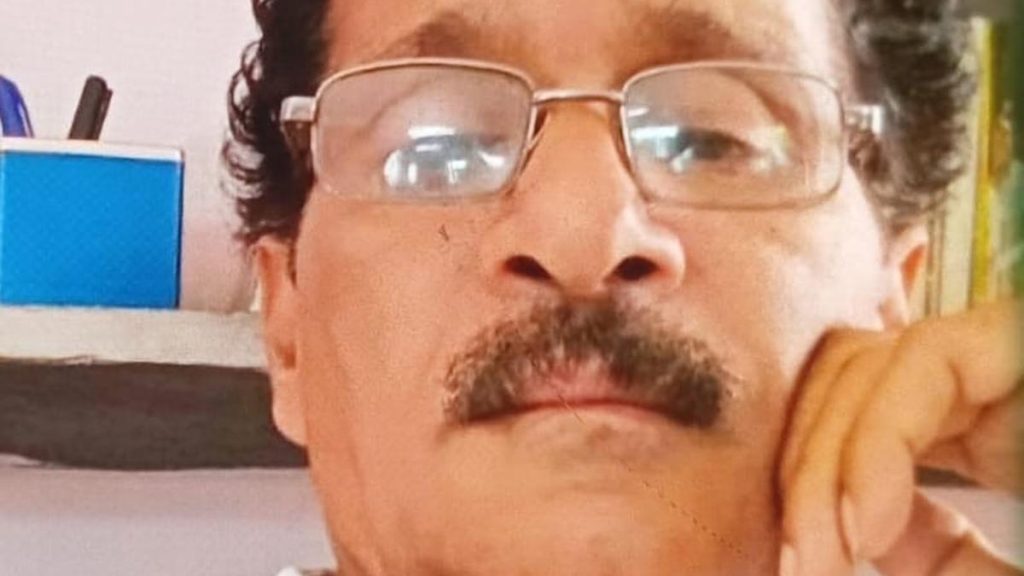Now Reading: Consumer Panel: Denying Timely Access to Medical Records Violates Right to Life
-
01
Consumer Panel: Denying Timely Access to Medical Records Violates Right to Life
Consumer Panel: Denying Timely Access to Medical Records Violates Right to Life

Quick Summary
- Ernakulam Consumer Commission’s observation: Denial of timely access to medical records undermines consumer rights and the constitutional right to life under article 21.
- Medical Records Accessibility: Access to physical or digital medical records is key for seeking second opinions, ensuring continuity of care, and effective grievance redressal.
- Recommendations for Healthcare Providers:
– Provide medical records promptly, ideally within 72 hours.
– Ensure secure digital delivery methods with encryption and password protection for sensitive data.
– Develop interoperable electronic health record (EHR) systems for seamless access.
– disclose patient rights regarding access at admission and discharge stages.
- Generic Medicines Prescription: Medical prescriptions should be clear, legible, and prioritize generic medicines where applicable.
- Awareness Campaigns Suggested: Public education initiatives recommended to inform patients about their rights related to accessing medical records safely.
- petition Dismissed: Complaint alleging negligence after surgery was dismissed due to lack of proof that treatment deviated from professional standards or caused complications directly.
Indian opinion Analysis
The Ernakulam District Consumer Commission’s observations reinforce the pivotal role of obvious healthcare practices in safeguarding patient rights and constitutional guarantees like the right to life under Article 21.Recognizing medical records as indispensable tools not only helps patients in immediate care but facilitates long-term health planning and legal recourse when needed-adding layers of accountability on healthcare providers.
India’s ongoing transition towards digitization takes centre stage here as recommendations focus on secure electronic storage systems like EHRs that offer both accessibility and data protection benefits while aligning with privacy laws such as GDPR-inspired regulations under India’s Personal data Protection Bill framework (if operationalized).Furthermore, public education initiatives around these measures could bridge the knowledge gap among patients unfamiliar with their entitlements.The dismissal of negligence claims highlights the high evidentiary threshold required in India’s medico-legal system-which may mitigate frivolous lawsuits yet underscores challenges consumers face proving allegations when technical expertise is required.
Healthcare policies will likely need reform following such recommendations from consumer redressal bodies-balancing innovation with equity principles vital today given mixed infrastructure capabilities nationwide across rural/urban settings neatly scaling harmonizing ambitions naturally await calibrations
Read more at























